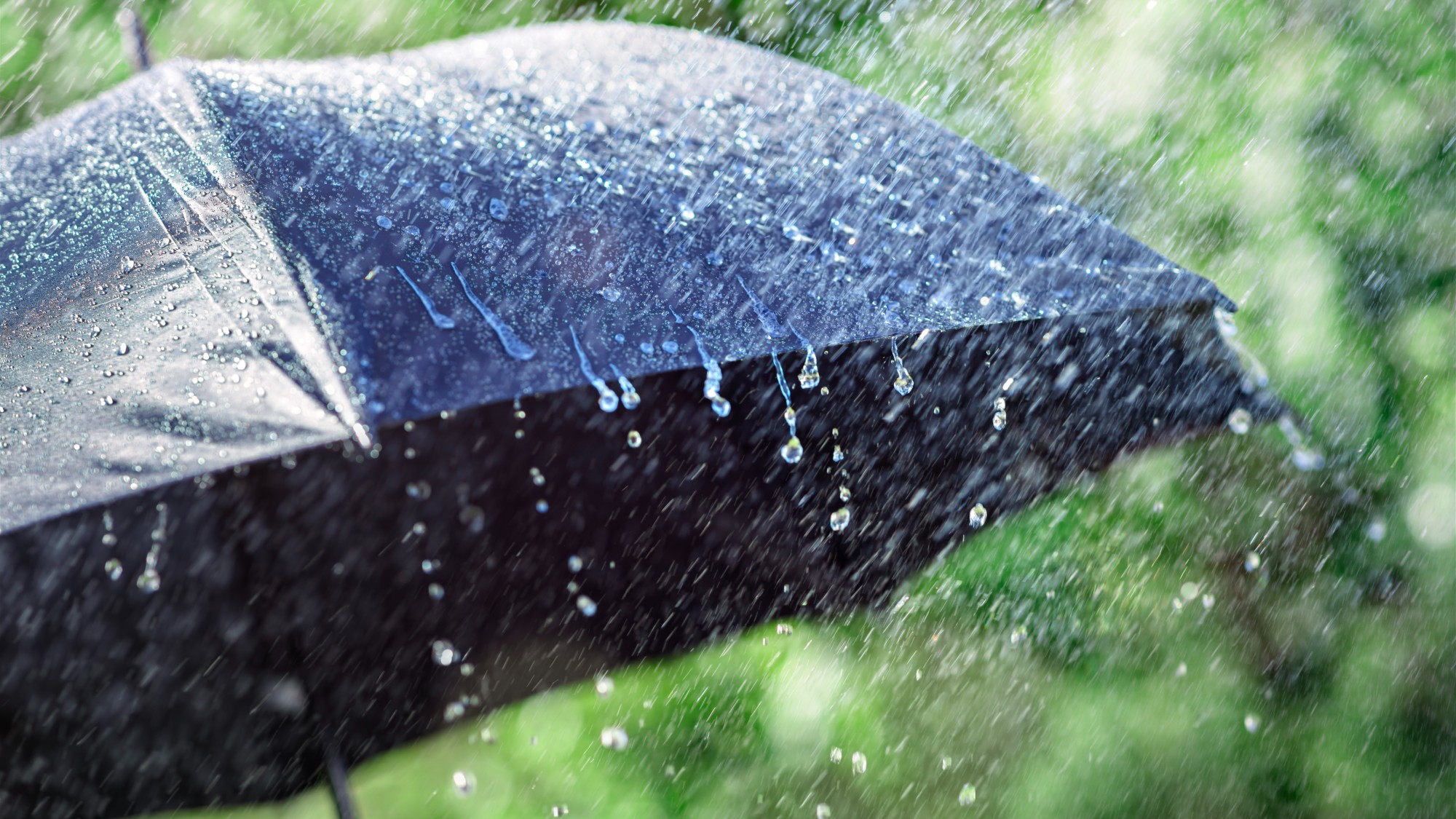The cost of cooling your home
Households can use expert tips to help keep their energy bills down while getting relief from the heat

Fans and air-conditioning units are being snapped up by sweltering consumers, but what is the most economical way to keep homes cool during heatwaves?
Following weeks of cool, wet weather, the UK has been hit by this “summer’s final heatwave (probably)”, said product reviews writer Abha Shah in the London Evening Standard. Yet “while such glorious warmth is welcome”, she added, “it turns out that there can be too much of a good thing”.
Consumers anxious to escape their “sweaty nightmare” by buying cooling devices need to consider not only the initial outlay but also running costs. Experts are also offering tips on a range of ways to stay cool without paying over the odds.
The Week
Escape your echo chamber. Get the facts behind the news, plus analysis from multiple perspectives.

Sign up for The Week's Free Newsletters
From our morning news briefing to a weekly Good News Newsletter, get the best of The Week delivered directly to your inbox.
From our morning news briefing to a weekly Good News Newsletter, get the best of The Week delivered directly to your inbox.
Cost of running a fan
Buying a fan can cost as little as £20, according to Expert Reviews, with prices rising to £350 or more “if you’re looking for something larger or more stylish”.
Running a fan all night previously “wasn't a big deal”, said The Mirror’s money reporter Ruby Flanagan, but then energy prices began to rise. Although energy bills are now starting to drop and are generally lower in summer, “they are still horrifically high compared to what we used to pay”.
All the same, a fan remains one of the most inexpensive ways to keep cool, according to data from the Energy Saving Trust. The organisation estimates that a fan costs “between 20p and 40p” for continuous use over 24 hours.
Running an air conditioner
A portable air-conditioning unit may be a good alternative “if the breeze alone from a fan just isn’t enough on the hottest days of the year”, Which? said. But such units are “more expensive” to buy than fans, starting from around £200.
A free daily email with the biggest news stories of the day – and the best features from TheWeek.com
The running costs are greater too. Having a portable air-conditioning unit on continuously for 24 hours would typically cost around £6, said the Energy Saving Trust, which is “more than 20 times as much as running a typical freestanding fan” for the same amount of time.
Other ways to keep cool
Toasty temperatures at night can be “less of a dream” and more of a living nightmare, said Shah in the London Evening Standard. So opt for a lighter low tog duvet or “do away with it altogether in favour of a blanket or sheet instead”.
Ovo Energy recommends opening windows at night, but then shutting them during the day. This will “trap the cooler air in to circulate”, according to the energy supplier.
During the day, it may be “tempting” to at least open curtains or blinds to “let the sunshine in”, said The Independent, but this can “increase the temperature of your home”.
Conversely, insulation, while typically “thought of as a cold weather solution”, said Ovo, can aid with cooling. Loft insulation and draught excluders can “help keep cold air in and warm air out”.
Another way to help cut costs is to “switch up” your light bulbs. Around 90% of the energy given out by traditional bulbs in heat, Ovo reported, so swapping to an LED version “will cool your room” and also “use way less energy”.
“Focus on the temperature in your body” as well as that in your home, said HuffPost. To “cool yourself from the inside”, try “sipping tasty iced drinks and applying a cold cloth to strong-pulsed areas like your neck and wrists”.
Having a cold shower before bed can help too, as can using a hot water bottle as an ice pack and cooling pillowcases in the fridge. And since heat rises, putting your mattress on the floor, or decamping to a downstairs sofa, might be worth considering on especially hot nights.
Another tip that can have “magic” results, the site continued, is to position a bowl of ice in front of a fan to create an icy “faux sea breeze”.
With heatwaves becoming more frequent and more intense as a result of global warming, longer-term cooling solutions could end up paying off as well. Additions such as awnings and planting trees or vines near light-facing windows will “shield your home from the Sun’s rays” and “reduce the amount of heat your home absorbs”.
Marc Shoffman is an NCTJ-qualified award-winning freelance journalist, specialising in business, property and personal finance. He has a BA in multimedia journalism from Bournemouth University and a master’s in financial journalism from City University, London. His career began at FT Business trade publication Financial Adviser, during the 2008 banking crash. In 2013, he moved to MailOnline’s personal finance section This is Money, where he covered topics ranging from mortgages and pensions to investments and even a bit of Bitcoin. Since going freelance in 2016, his work has appeared in MoneyWeek, The Times, The Mail on Sunday and on the i news site.
-
 High Court action over Cape Verde tourist deaths
High Court action over Cape Verde tourist deathsThe Explainer Holidaymakers sue TUI after gastric illness outbreaks linked to six British deaths
-
 The battle over the Irish language in Northern Ireland
The battle over the Irish language in Northern IrelandUnder the Radar Popularity is soaring across Northern Ireland, but dual-language sign policies agitate division as unionists accuse nationalists of cultural erosion
-
 Villa Treville Positano: a glamorous sanctuary on the Amalfi Coast
Villa Treville Positano: a glamorous sanctuary on the Amalfi CoastThe Week Recommends Franco Zeffirelli’s former private estate is now one of Italy’s most exclusive hotels
